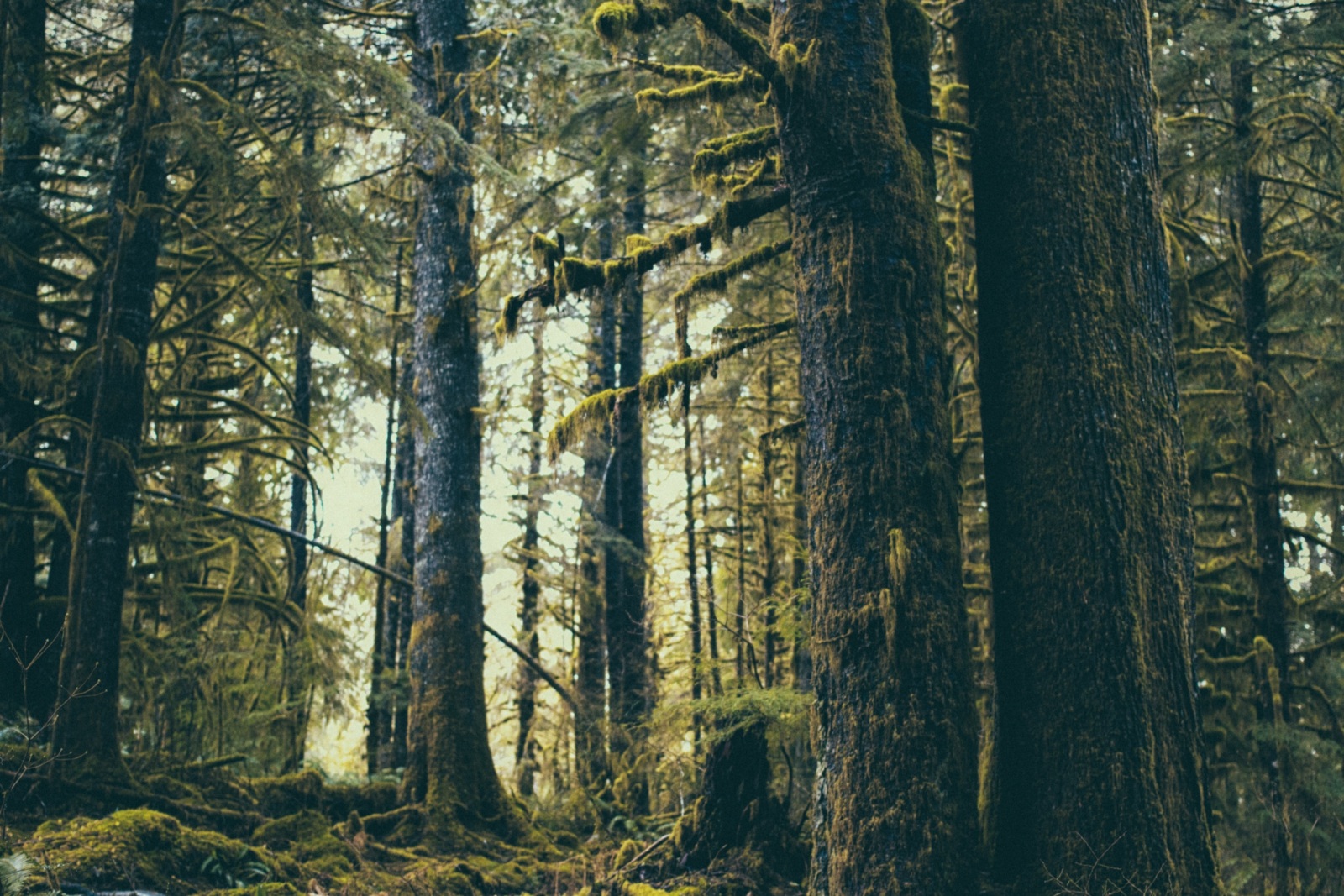Let’s explore the Tongass together
With you by our side, we’re working to give the Tongass the gift of protection from logging and development. Let’s explore the forest we’re trying to save:
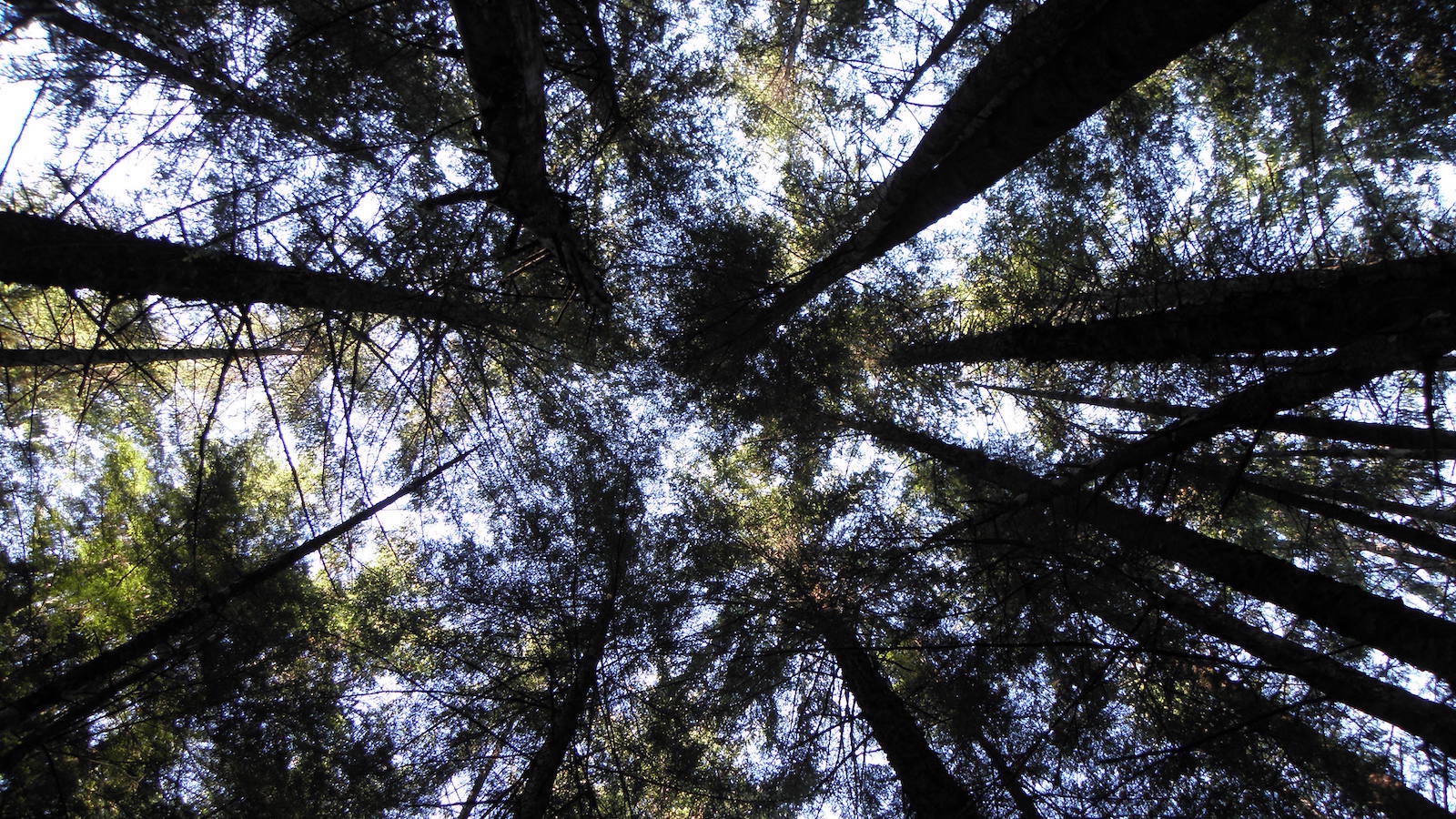
In the heart of Alaska’s Tongass National Forest, just beneath your feet, you can feel the fertile soil as it anchors life around you. You hear the birdsongs of winged wonders dancing through the breeze. You smell the trees around you as the scent of pine hangs in the immaculate air.
For thousands of years, the Tongass and its trees have given us the gifts of ecological diversity and carbon capture — gifts that don’t stop giving.
And with you by our side, we’re working to give the Tongass the gift of protection from logging and development. Let’s explore the forest we’re trying to save:
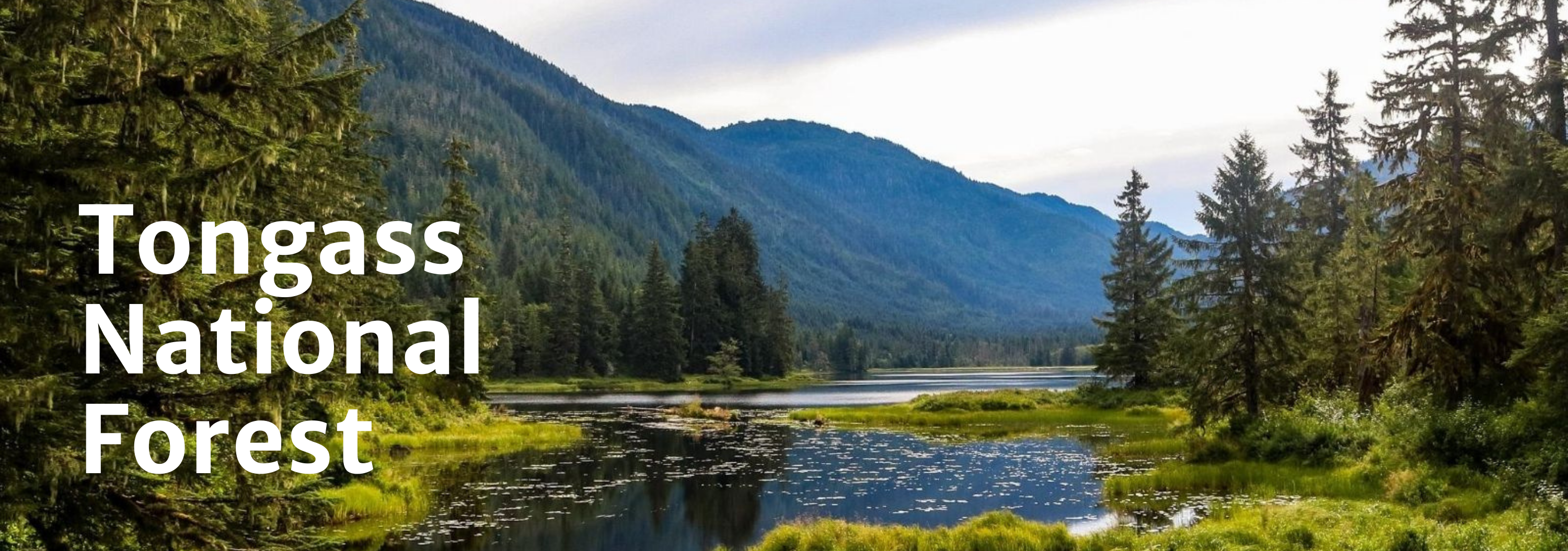
The Tongass is our nation’s largest and wildest forest, rooted with trees older than our country. Its 17 million acres actually comprise the largest old-growth temperate rainforest in the world.
Those old-growth trees are pillars of an ecosystem teeming with wildlife. Grizzly bears, Alexander Archipelago wolves, bald eagles and hundreds more species need the Tongass.
The trees shelter wildlife, but they also cradle us from some of the harshest impacts of climate change. Together, the trees of the Tongass capture 44% of all the carbon stored by our national forests.
Their majesty doesn’t stop there.
Over the millennia, the trees of the Tongass have developed a certain “forest wisdom.” This community of trees communicates with one another through a network of nutrients and fungi in the soil. They sense and send each other signals warning about environmental change or searching for kin, and they even transfer their nutrients before they die.
But these trees can’t sense or even warn each other about the dangers of logging. That’s up to us to prevent.
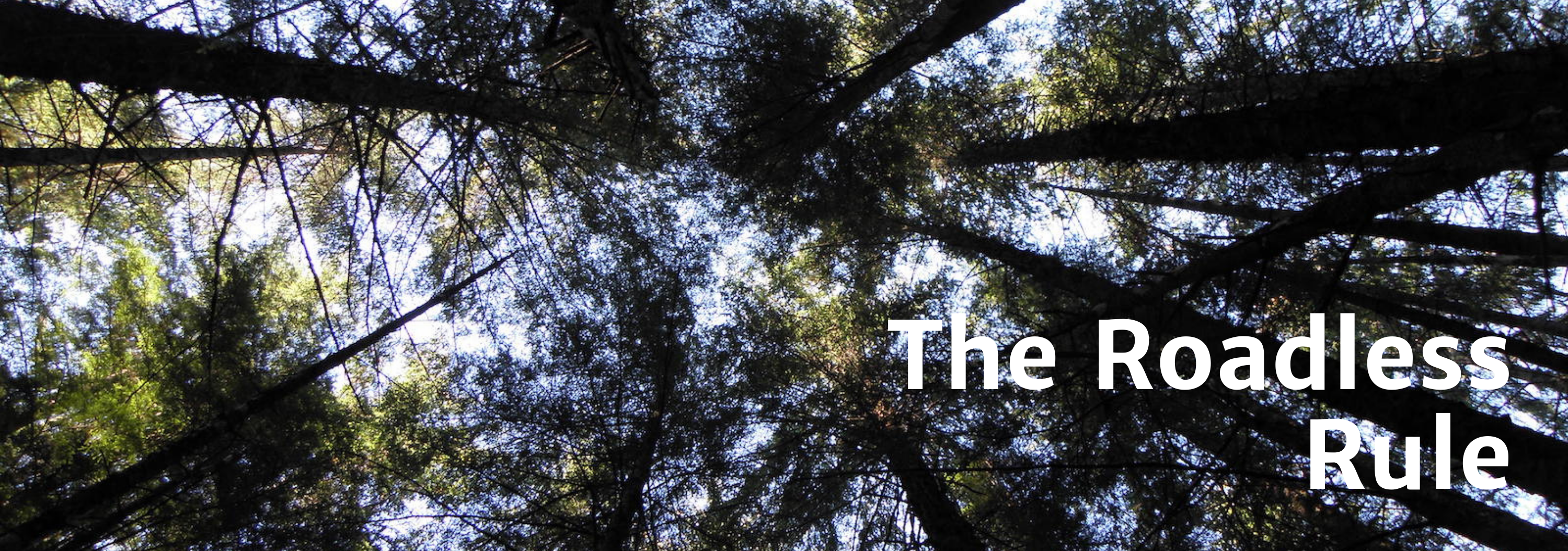
The Roadless Area Conservation Rule is our best chance to keep the Tongass — and all our nation’s forests — safe.
In the 1990s, development had already destroyed more than 100 million acres of our forests with no end in sight. So Environment America and our national network rallied around the Roadless Rule, which promised to end roadbuilding in our national forests, effectively blocking the logging, mining and development that come with roads.
We delivered nearly half of the 1.6 million petition signatures supporting the rule. And in 2001, we won: The Roadless Rule became law and protected 9.2 million acres in the Tongass and tens of millions more acres of national forests.
But we saw the sanctity of the Tongass slip away when the Trump administration opened the forest back up for logging.
So we’re working to convince the Biden administration to restore Roadless Rule protections for the Tongass and its centuries-old trees.
STAND UP FOR THE TONGASS
Top and bottom photo: Forest Service photo by Brian Logan via Flickr, CC0
Middle photo: Ryan Minuto via Shutterstock
Topics
Authors
Mary Katherine Moore
Find Out More
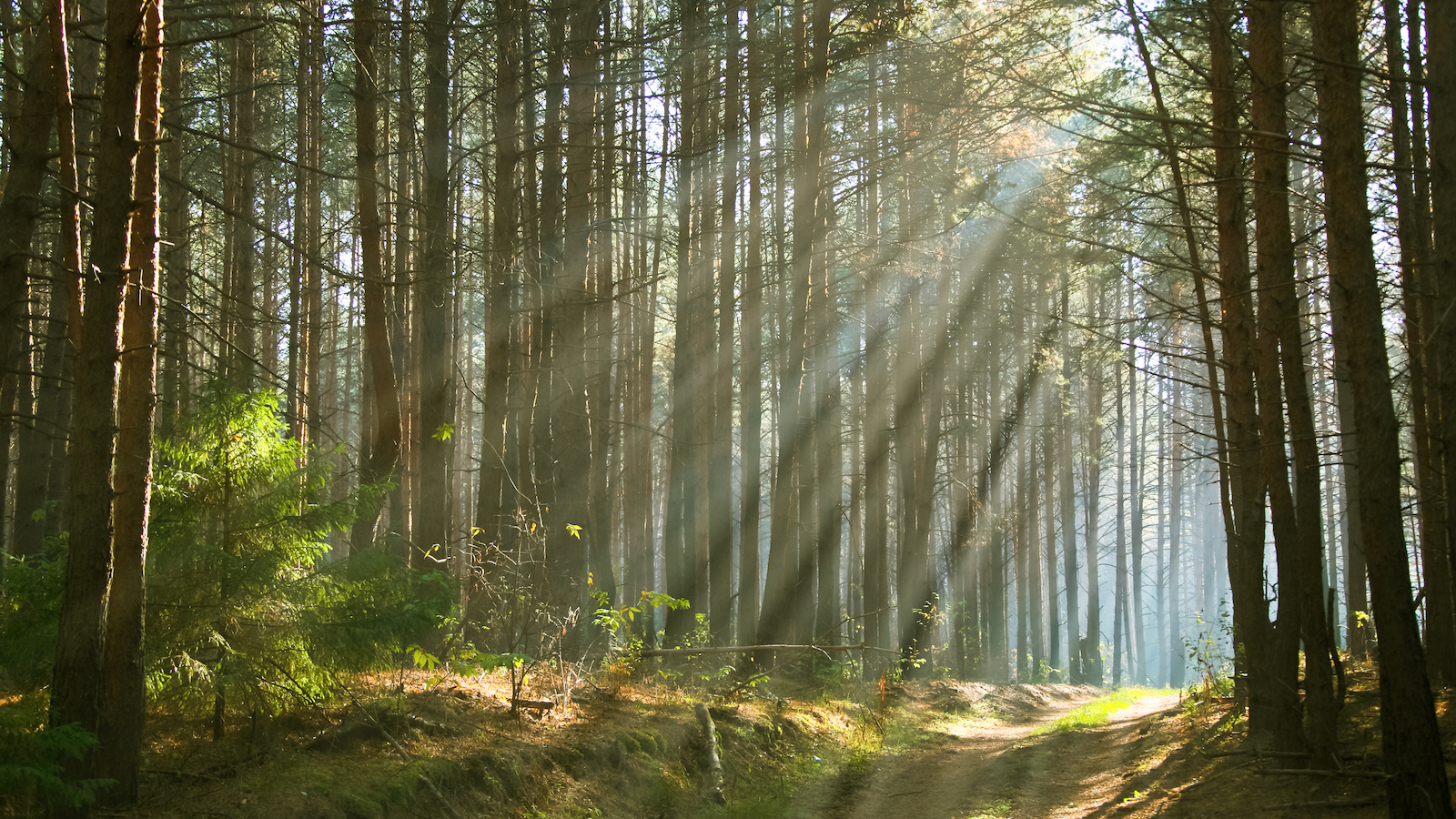
What can we do to keep the boreal forest from being flushed away?
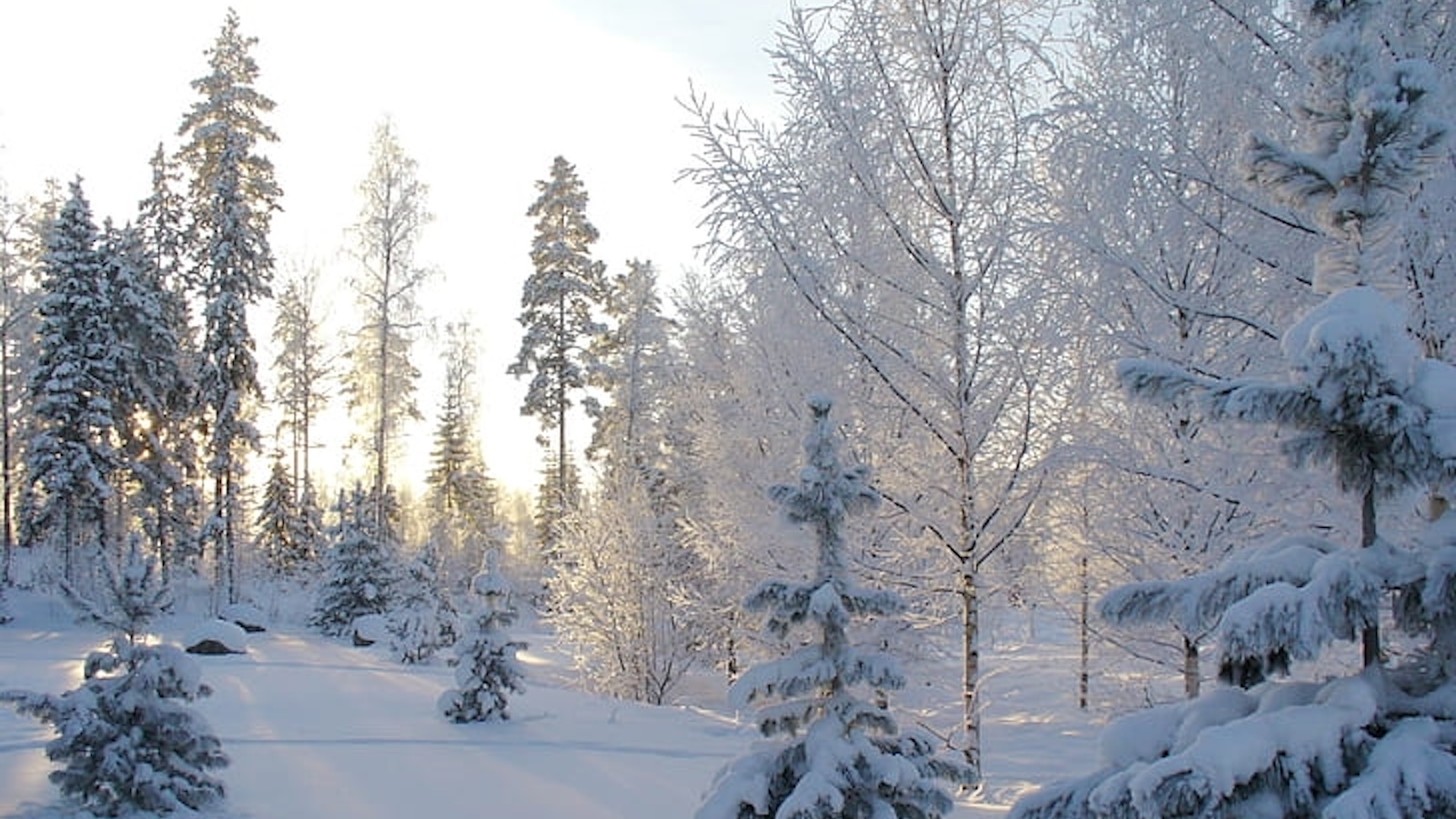
Five of the biggest wins for wildlife and wild places in 2023

Five things to toast this holiday season
